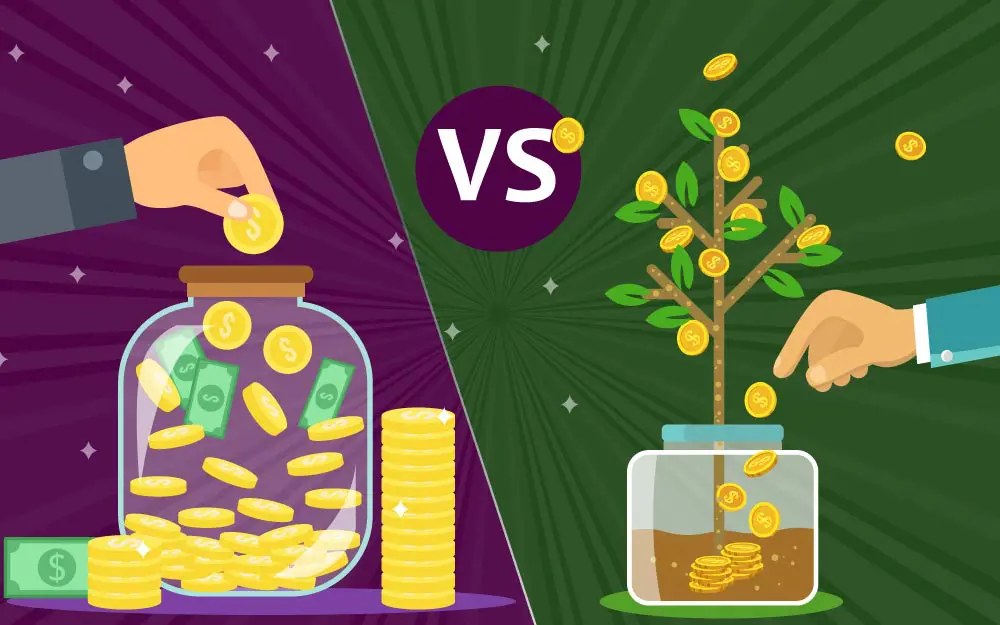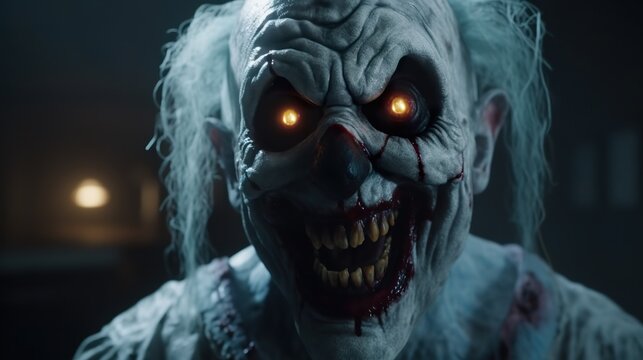A Dive into Horror: Thrills, Chills, and Everything in Between
Horror movies. They grip us with fear, send shivers down our spines, and leave us peeking nervously over our shoulders. But why do we willingly subject ourselves to such chills? Horror isn’t just about monsters and jump scares; it’s a genre that delves into our deepest fears, explores the darkness within and around us, and provides a strange sense of catharsis.
Horror subgenres offer a buffet of frights to choose from. Slasher films like “Halloween” or “Scream” put us on edge with stalking killers. Supernatural horror, exemplified by classics like “The Exorcist” or “The Shining,” taps into our fear of the unknown and the unseen. Creature features, from the xenomorph of “Alien” to the monstrous sharks of “Jaws,” confront us with primal fears.
Modern horror often delves deeper, using psychological horror to explore anxieties. Films like “Get Out” and “Hereditary” weave social commentary and unsettling imagery to create a lasting sense of dread.
Horror isn’t without its critics. Some argue it promotes violence or desensitizes viewers. However, horror can also be a force for good. It can raise awareness of social issues, spark conversations about mental health, and even help us confront our own fears.
The enduring popularity of horror speaks to its power. It allows us to experience fear in a safe environment, to confront our vulnerabilities, and to bond with others over shared scares. So next time you’re looking for a thrill, consider diving into the world of horror. You might just surprise yourself with what you enjoy – and what you learn.
Here are some additional points you might find interesting for the article:
- The history of horror films, from the silent era’s expressionist classics to the gore-fests of the 1980s.
- The influence of foreign horror, with iconic films like Japan’s “Ringu” (The Ring) or South Korea’s “Train to Busan.”
- Practical effects vs CGI: How special effects techniques can create a more visceral or atmospheric horror experience.
- The science of fear: How horror films use sound, light, and suspense to manipulate our emotions.



:max_bytes(150000):strip_icc()/indoor-gardening-beginner-guide-5199347-hero-3ddcdb1a1ca044fdb0c8068c3974ea0e.jpg)


